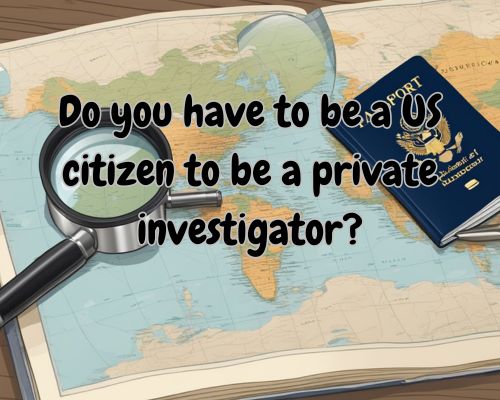
Moving to a new location can be an overwhelming experience. Whether you’re relocating your home or office, the process involves numerous tasks, from packing belongings to transporting them safely to the new destination. In such situations, hiring professional movers can make the transition smoother and less stressful. This article delves into a comprehensive review of Port Charlotte Movers Port Charlotte, shedding light on their services, reputation, and what customers can expect.
Overview of Port Charlotte Movers
Port Charlotte, located in Florida, boasts a range of moving companies catering to both residential and commercial needs. These movers offer various services, including packing, loading, transportation, unloading, and unpacking. Given the competitive landscape, it’s crucial to select a reliable and reputable moving company to ensure a hassle-free experience.
Services Offered
- Residential Moving: Whether you’re moving from a small apartment or a large house, Port Charlotte movers provide tailored solutions to meet individual needs. They handle furniture, appliances, delicate items, and more with utmost care.
- Commercial Moving: Businesses looking to relocate can benefit from specialized moving services that ensure minimal disruption to operations. Port Charlotte movers are equipped to handle office equipment, machinery, and other essential items efficiently.
- Packing and Unpacking: One of the most time-consuming aspects of moving is packing and unpacking. Professional movers offer comprehensive packing services, using quality materials to safeguard your belongings. They also provide unpacking services, helping you settle into your new space quickly.
- Storage Solutions: In situations where you need temporary storage for your belongings, Port Charlotte movers offer secure storage facilities equipped with advanced security features.

Reputation and Reviews
When considering a moving company, it’s essential to assess their reputation based on customer reviews and testimonials. Port Charlotte movers have garnered a mix of positive and negative feedback over the years, highlighting both strengths and areas for improvement.
Positive Aspects:
- Professionalism: Many customers commend Port Charlotte movers for their professionalism and courteous staff. They arrive on time, handle items with care, and maintain open communication throughout the moving process.
- Efficiency: Customers appreciate the efficiency of Port Charlotte movers, noting that they complete tasks promptly without compromising on quality.
Areas for Improvement:
- Cost: Some customers feel that the pricing structure of Port Charlotte movers is on the higher side compared to other local moving companies. However, it’s essential to consider the quality of service provided when evaluating costs.
- Communication: A few customers have mentioned issues related to communication, emphasizing the importance of clear and transparent communication between the moving company and customers.
Tips for Choosing the Right Movers
- Research: Conduct thorough research by reading reviews, comparing prices, and asking for recommendations from friends or family members who have recently moved.
- Get Estimates: Obtain multiple quotes from different Port Charlotte movers to compare prices and services offered. Ensure that the estimates are comprehensive and include all potential costs.
- Check Credentials: Verify the credentials, licenses, and insurance coverage of Port Charlotte movers to ensure they meet industry standards and regulations.
- Ask Questions: Don’t hesitate to ask questions about the moving process, equipment used, and any additional services offered. Clear communication will help set expectations and avoid misunderstandings.
Conclusion
In summary, Port Charlotte movers offer a range of services tailored to meet individual moving needs. While they have received positive feedback for their professionalism and efficiency, it’s essential to consider factors such as cost and communication when selecting a moving company. By conducting thorough research, obtaining multiple estimates, and asking the right questions, you can make an informed decision and ensure a smooth transition to your new location.

Port Charlotte Movers Port Charlotte
1441 Tamiami Trail #24, Port Charlotte, FL 33948
19412543747


